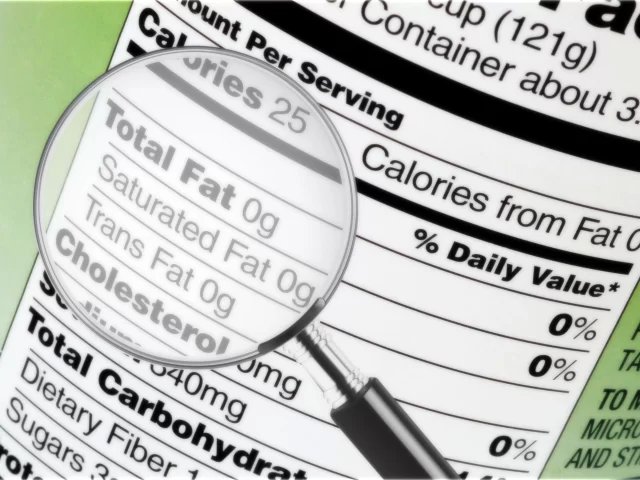Eat These Foods to Lower Your Cholesterol

One way to keep your heart healthier is to keep your blood cholesterol levels in check. High LDL cholesterol, also known as “bad” cholesterol, is a major risk factor for heart disease and heart attack. Some people can manage their cholesterol with diet, exercise and other lifestyle factors. But others may require medication to keep cholesterol numbers in or near an optimal range.
What you eat can have an impact on your blood cholesterol levels. If you are concerned about your heart health, here are 4 dietary tips that may help improve your cholesterol numbers:
- Limit foods with saturated and trans fats. Foods high in saturated and trans fats have been shown to have a negative effect on blood cholesterol levels. Foods you’ll want to limit or avoid include fatty red meats, butter, full-fat dairy and processed foods that contain partially hydrogenated oils, like some margarines, crackers and cookies. Research from Loma Linda University showed that replacing saturated fats with omega-3 fats, such as those found in salmon, sardines and herring, can raise HDL (“good” cholesterol) by as much as 4%.
- Lower how much dietary cholesterol you eat. Top sources of dietary cholesterol include egg yolks, shellfish and organ meats.
- Choose foods high in soluble fiber. Foods that contain fiber, especially soluble fiber, have been shown to help lower cholesterol levels. Good choices include oats, beans, barley, sweet potatoes and peas. A variety of fruits and vegetables also contain soluble fiber, such as carrots, berries, beets and pears.
- Opt for nuts, seeds and legumes. Include an assortment of nuts, seeds and legumes in your diet. These foods contain protein, fiber and other nutrients that can improve heart health. One study published in the American Journal of Clinical Nutrition found that people who ate 1.5 ounces of walnuts 6 days a week lowered their total cholesterol in one month by 5.4% and their LDL by 9.3%. But these are calorie-dense foods, so consume in moderation.
Keeping your heart healthy requires a commitment to healthy eating and other healthy lifestyle factors, such as exercising regularly, sleeping well and not smoking. While these foods can help keep your heart healthier, they are not the only foods that should be included in a heart-healthy diet. Consult with a doctor or dietitian for more information on what foods to include in your personalized eating plan.
Copyright 2024-2025 © Baldwin Publishing, Inc.. Health eCooks® Heart Healthy Recipes® is a registered trademark of Baldwin Publishing, Inc. Any duplication or distribution of the information contained herein without the express approval of Baldwin Publishing, Inc. is strictly prohibited.